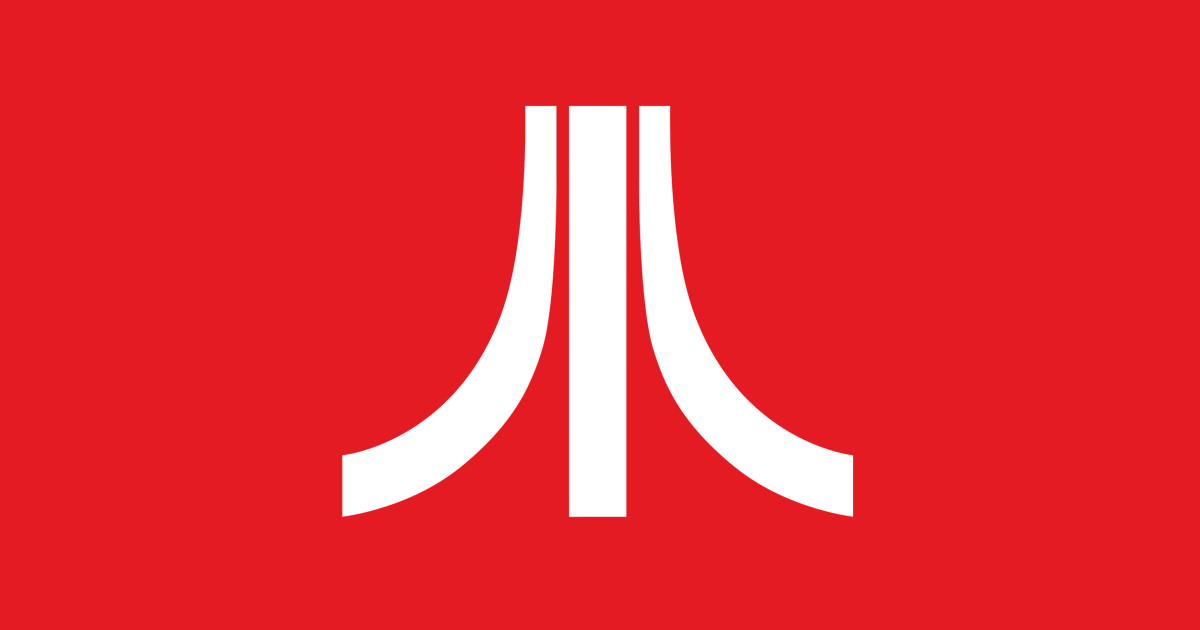Atari vanquishes its most ancient foe by acquiring Intellivision, declares end to 'the longest-running console war in history'
Hahaha, where is your Mattel now! Oh...

Atari has today announced the purchase of the Intellivision brand alongside "certain games" from Intellivision Entertainment LLC. This is a melancholy coda to the early days of home consoles in the West, where in the US market especially the Atari 2600 dominated the late 1970s scene. Intellivision was one of Atari's main rivals, almost entirely because the machine had the backing of Mattel (these were the days when videogames were sold in the toy section of stores), and launched its first console in 1979.
The concept of a "console war" didn't really exist, but the competition was real. Mattel had been working on the Intellivision (the name is a portmanteau of "Intelligent Television") since 1977 and launched with a big-money ad campaign directly comparing the system's capabilities to those of the Atari 2600. The hardware sold reasonably well, but Atari's 2600 remained well out in front (this was years before the 1983 crash), and Mattel would quietly spin-out the business later in the 1980s, with consoles being manufactured until 1990.
Subsequent years have not been kind to either company although, being by far the bigger success of the two, Atari was the one really picked-apart under various owners. The current iteration of Atari, however, is slowly restoring some lustre to the brand under CEO Wade Rosen. There have been a few mind-boggling asides into Atari hotels and NFTs, sure, but there's been a welcome and long-overdue focus on the company's legacy, and older games more widely (perhaps the outstanding move of Rosen's tenure so far was acquiring Nightdive Studios, makers of the excellent System Shock remake).
The Intellivision IP is certainly in-keeping with that focus, and Atari says it will "seek to expand digital and physical distribution of legacy Intellivision games" as well as "potentially create new games" in the future. It'll sell you a t-shirt right off the bat though. The deal includes the rights to over 200 titles from the Intellivision portfolio alongside all relevant trademarks.
There's no indication yet what games Atari may be interested in bringing back, though you'd hope it would look at the Intellivision's quirkier exclusives like Dracula and Microsurgeon. The inclusion of the Atari-owned Digital Eclipse in the press release is notable though: retro specialists with a great track record that produced the Atari 50th anniversary collection and more recently Llamasoft: The Jeff Minter Story. Some sort of Intellivision collection with added historical context would make sense.
Confusingly enough, following this sale Intellivision Entertainment LLC is to rebrand itself and focus on its remaining business interest, which is the Amico Home app and the Amico console (on which it will be allowed to distribute Intellivision games). That's if the thing ever releases, of course: Amico was originally intended to launch in 2020 but has been beset by repeated delays, and the company late last year said it didn't have the money to fund the hardware production. Well, presumably it's got a bit of spare cash now.
"This was a very rare opportunity to unite former competitors and bring together fans of Atari, Intellivision and the golden age of gaming," said Wade Rosen, Chairman and CEO of Atari.
Keep up to date with the most important stories and the best deals, as picked by the PC Gamer team.
"Uniting Atari and Intellivision after 45 years ends the longest-running console war in history," said Mike Mika, studio head at Digital Eclipse. Which may be rather overstating things. If this were a great gladiatorial contest then the crowd left decades ago when both competitors were already out on their feet. But a win is a win and, for all the grizzled Atari fans out there, perhaps this is worth celebrating.

Rich is a games journalist with 15 years' experience, beginning his career on Edge magazine before working for a wide range of outlets, including Ars Technica, Eurogamer, GamesRadar+, Gamespot, the Guardian, IGN, the New Statesman, Polygon, and Vice. He was the editor of Kotaku UK, the UK arm of Kotaku, for three years before joining PC Gamer. He is the author of a Brief History of Video Games, a full history of the medium, which the Midwest Book Review described as "[a] must-read for serious minded game historians and curious video game connoisseurs alike."

